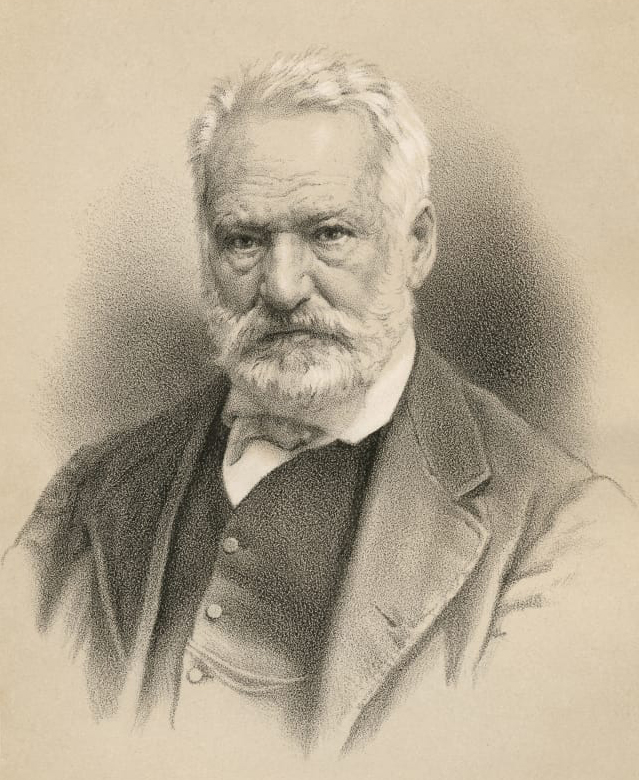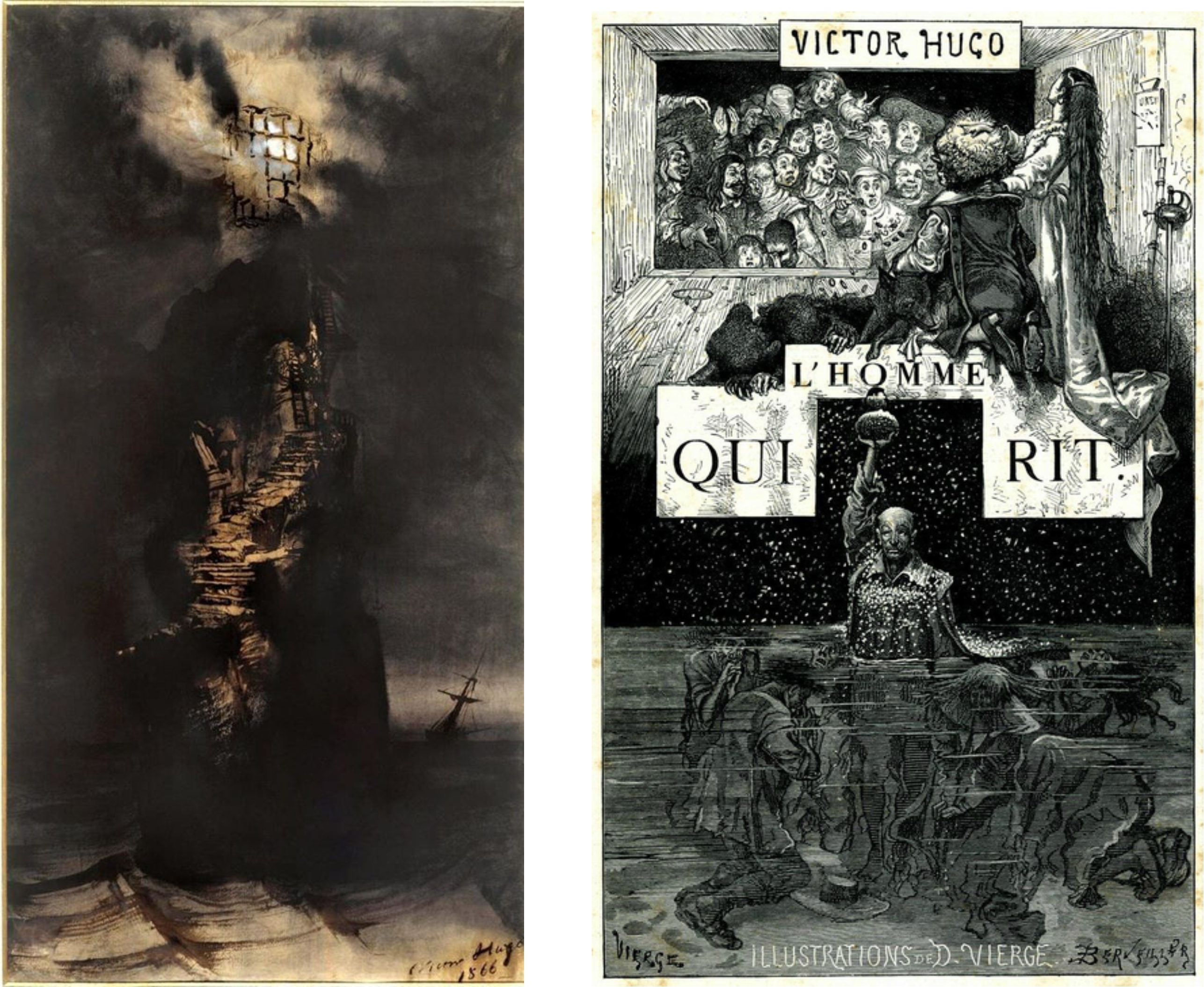Victor Hugo's Alderney
Hugo Victor was inspired by our small island!

Victor Hugo (1802-1885) French poet and novelist
Victor Hugo was forced into exile for his opposition to the regime of Napoleon III. He first headed to Brussels, then to Jersey, before finally settling in Guernsey in October 1855, a place that would inspire many of his most famous works over the next 15 years.
Between 1861 and 1869 Hugo took an annual holiday on a steam-ship that journeyed north from Guernsey, to England, then onwards to Belgium and sometimes to Germany. This route took him past Alderney on both his outward and return voyages.
Alderney's rocky outcrops seemed to captivate Hugo. In August 1864 he wrote in his notebook:
'Nous passons très près d’Aurigny. Les rochers et les falaises de la côte sont superbes. On n’en parle jamais. Cela vaut presque Serk'
'We are passing very close to Alderney. The rocks and cliffs of the coast are superb. It is never discussed. It's almost worth Sark.'
Casquets
Casquets and Ortac rocky outcrops both provided inspiration for Hugo's L'Homme qui rit, (The Man Who Laughs), a philosophical novel set in England, published in 1869.
In October 1867, whilst returning to Guernsey, Hugo was impressed by the view of the Casquets and wrote:
'Au moment où nous passons près des Casquets, un rayon de soleil perce la brume et les deux Casquets on ne voit que les deux tours blanches jumelles qui, frappées de lumière, apparaissent posées sur l’horizon comme les deux cylindres d’ivoire d’une lorgnette d’opéra.'
'At the moment when we pass near the Casquets, a ray of sun pierces the mist and the two Casquets - we see only the two twin white towers which, struck by light, appear posed on the horizon like the two ivory cylinders of opera glasses.'

Drawing by Victor Hugo depicting the Casquets lighthouse described in the eleventh chapter of the novel (Victor Hugo's house, 1866). Credit: parismuseescollections
Hugo Steps foot on Alderney (and loses his hat!)
In July 1873, with his exile now over, Hugo was returning to France from a stay in Guernsey.
He travelled on The Princess (Captain Scott) leaving Guernsey at 7.50am.
On arriving at Braye two hours later a gust of wind blew his panama hat into the sea! It is recorded that someone kindly lent him a hat and the Vicar of Alderney who came to meet Hugo mentioned that there was a hat-merchant called Moulin at the harbour in Cherbourg where Hugo could buy a new hat.
Indeed upon arrival at Cherbourg Hugo bought a silk hat for 5 francs 50 and returned the borrowed hat to Alderney.
